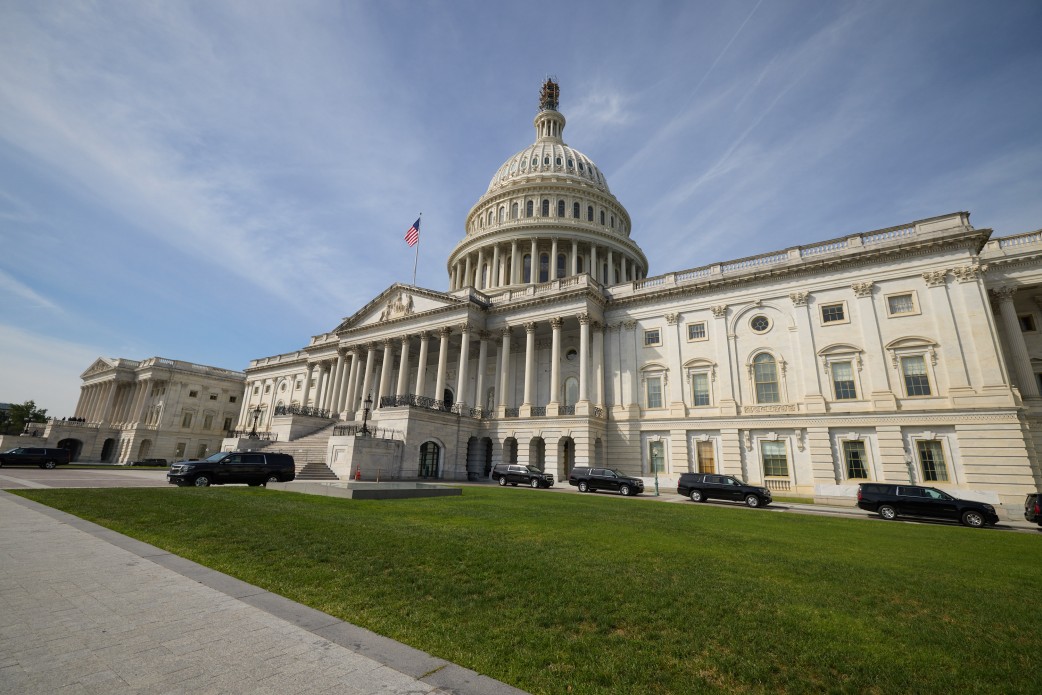US House Republicans are still delaying the Ukraine aid package, which has been stalled in Congress since last fall. After the government funding dispute is settled, the US House of Representatives is poised to address a long-delayed national security package, including military aid for Ukraine, Israel, and other US allies.
The foreign aid package has been stalled since last fall due largely to opposition from the far-right Republicans in the US Congress, suspending military assistance that Kyiv badly needs to fight Russia. The Senate passed a $95 billion foreign aid bill, including $60+ billion for Ukraine, last month with bipartisan support, yet Republican House Speaker Mike Johnson made clear he wouldn’t give it a vote on the House floor, stating on 14 February that the House will not feel “rushed” to pass the package. Then Johnson had withheld the bill until the government funding issue was resolved, despite urgent requests from Kyiv.
Now, House Speaker Mike Johnson has pledged to bring a vote on additional Ukraine funding to the House floor after the Easter recess, as Rep. Michael McCaul, chair of the House Foreign Affairs Committee, stated that Johnson is committed to holding the vote sometime after 9 April when Congress reconvenes from the break, as reported by The Hill.
"His commitment is to put it on the floor after Easter and we are working on this bill," McCaul told CBS.
When asked whether this means they will vote on the bill as soon as 9 April, McCaul just stressed he would like it done “as soon as possible.”
“I think the situation Ukraine is dire…. if we lose in Ukraine like Afghanistan and then lose to Putin, let him you know, take over Ukraine and Moldova, Georgia, and abandon our allies like we did in Afghanistan — Does that make the United States weaker or stronger? I think weaker,” McCaul said.
Politico added that McCaul expects Johnson to bring the Ukraine aid bill up for a vote despite the risk it could drive more support for an effort by Rep. Marjorie Taylor Greene to remove Johnson from the speakership through a House vote. Greene filed the resolution after Johnson leaned on Democratic votes to pass recent government funding legislation.




